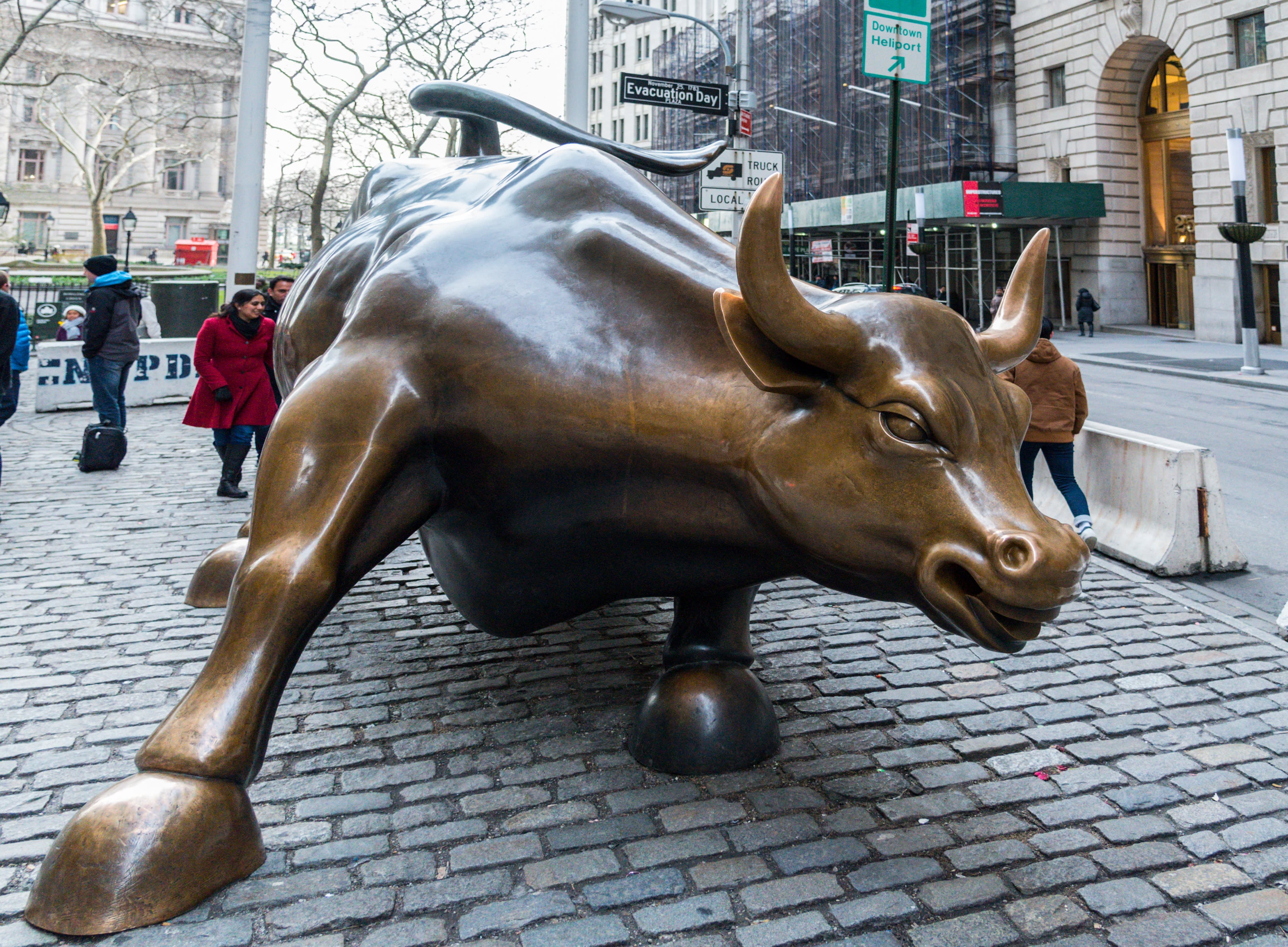It may be quite a while before an effective coronavirus vaccine is globally distributed, but forward-looking global equity markets are already partying like it’s here.
The total value of stock markets around the world reached an all-time high of $95 trillion through Wednesday, bouncing all the way back from its March bottom in the depth of the coronavirus pandemic, according to Torsten Slok, chief economist at Apollo Global Management.
Stocks’ latest run to new highs was triggered by news that Pfizer and BioNTech’s coronavirus vaccine was more than 90% effective, much better than health experts and the markets had expected.
“Despite the near-term outlook being negatively impacted by the second wave of the virus, global stock markets are driven higher by vaccine hopes, central bank easing, and prospects of additional global fiscal easing,” Slok told CNBC.
U.S. equities have led the comeback this year with the S&P 500 wiping off its coronavirus losses in mid-August. The benchmark hit another intraday record high of 3,645.99 on Monday as the promising vaccine news sparked a massive rally in cyclical names.
Still, the biggest driving force behind the seven-month rebound has been global central banks’ unprecedented easing measures as well as governments’ fiscal stimulus aimed at helping their respective markets and economy through the coronavirus crisis.
Central banks around the world have slashed interest rates to historic lows. The Federal Reserve launched an array of programs including an open-ended commitment to keep buying assets under its quantitative easing measures. The central bank’s “money printing” has flushed investors out of low-yielding bonds and into stocks.
Meanwhile, in the U.S., lawmakers passed a historic $2 trillion coronavirus relief deal in March that provided Americans with enhanced unemployment benefits, stimulus checks and other aid measures. Washington is expected to pass another stimulus deal in the coming months, albeit a smaller one.
Following the big vaccine news from Pfizer, many major Wall Street firms raised their outlook for the stock market, betting on a faster and smoother economic recovery.
JPMorgan now expects the S&P 500 to rise about 10% to reach 4,000 by early next year with “a good potential” to move even higher to 4,500 by the end of next year — a 24% rally from here. Goldman Sachs also sees a gain north of 20% for the S&P 500 by the end of 2021.
To be sure, the market could be getting ahead of itself as parts of the economy are still nowhere near pre-pandemic levels. For example, despite a four-straight-week decline, U.S. weekly jobless claims at 709,000 are still above the pre-coronavirus record 695,000 in 1982.
At the same time, surging new coronavirus cases are pointing to a tough winter ahead before the eventual arrival of a vaccine, which could take months before mass distribution.
Daily new cases of the coronavirus rose to more than 144,000 in the U.S. on Wednesday. That’s the highest single-day tally yet and pushes the national seven-day average to 127,603 — 35% higher than where the country was a week ago.
Subscribe to CNBC PRO for exclusive insights and analysis, and live business day programming from around the world.
